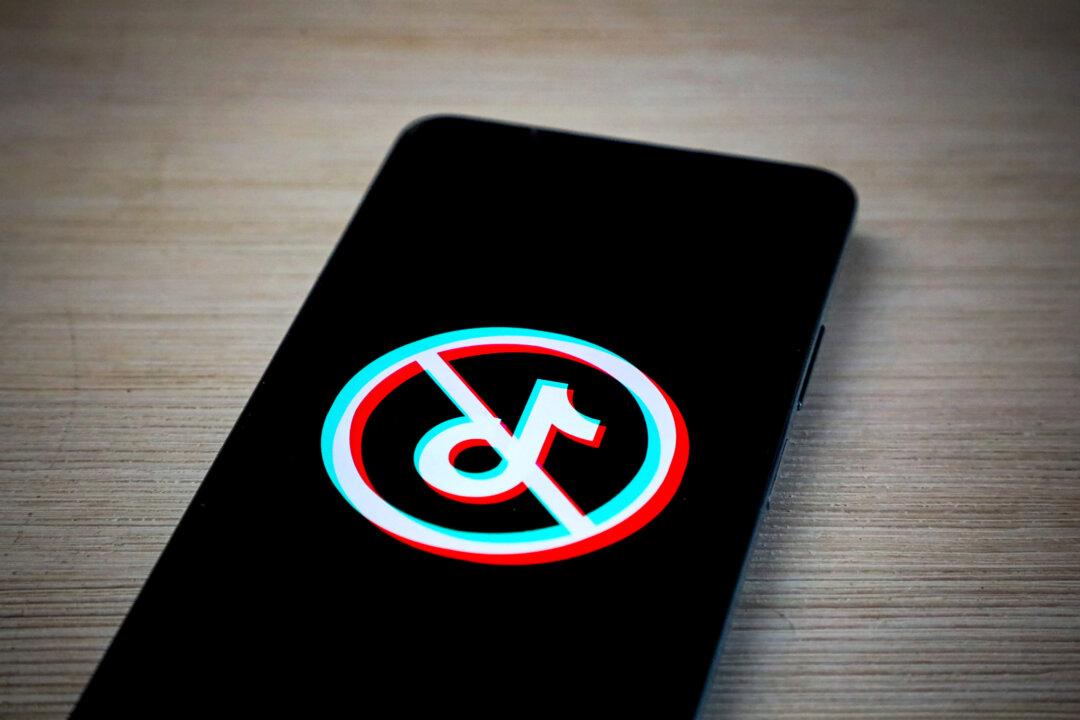TikTok said it would be “forced to go dark” on Sunday if the Biden administration does not give a definitive statement assuring non-enforcement of a law requiring the company to divest or face a nationwide ban.
“The statements issued today by both the Biden White House and the Department of Justice have failed to provide the necessary clarity and assurance to the service providers that are integral to maintaining TikTok’s availability to over 170 million Americans,” the company said in a statement on Jan. 17.





